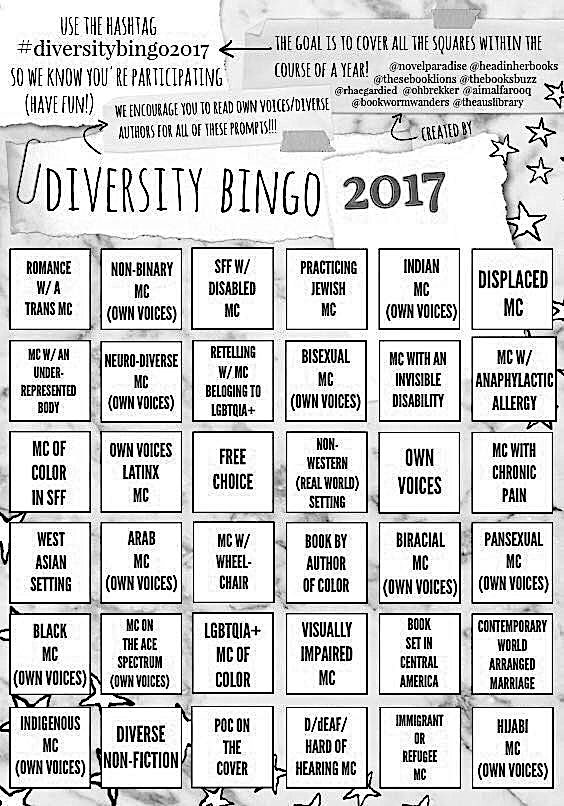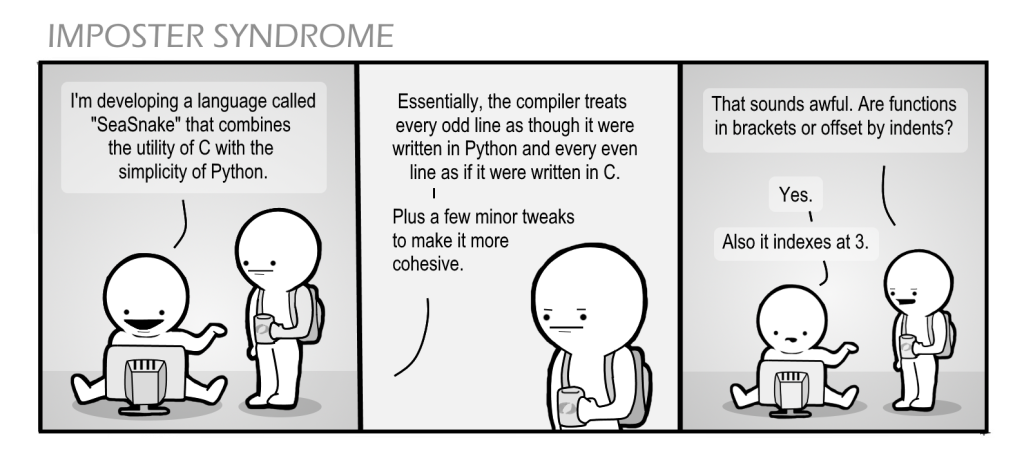The camp is noisy as usual. Soldiers joke and swap stories as they dine, breaking out into sporadic bursts of laughter. They make merry with a quiet desperation, the melodies of a dozen songs unspooling into the night sky – songs of home, of lovers and family awaiting the victorious soldier’s return.
The songs are familiar but irrelevant – nothing awaits you back in the Tower. Nothing save another mission and old memories, best forgotten.
Metal clanks on metal as some soldiers maintain their gear; sharpening swords and spears, tightening straps on shields, polishing armor till it gleams softly in the firelight. A young man scribbles on grubby parchment with borrowed quill and ink, tongue sticking out as he works on a home-bound letter.
To whom? You wonder. A parent? A sibling? A friend? A lover?
He breaks into a grin as one of his comrades yells encouragement and pats him on the back, and you realize he can’t be older than eighteen–
The cost of victory is always death, you think. The tiniest of sparks – disagreement over gods, money, land, I know not which – ignites the fires of war, and we are all burned…
But it matters not why we fight – there is no righteous cause capable of stopping an arrow or turning a blade aside, no justice that can put a man’s blood and entrails back in him as he writhes in the mud.
Men and women embrace under the night sky, heedless of discipline or consequence – there are rules against fraternization, but tonight no regulation will be enforced.
Let them find comfort, you think to yourself. Nobody will begrudge a little joy before the horror; a little calm before the storm. There will be no joy or calm tomorrow.
You’ve seen the reports. The invaders are converging in hordes – archers on sturdy horses, lancers on armored stallions, infantry and mages… Castle Rubinsk is small, but its position atop a hill overlooking the Volgrad’s waters has made it a thorn in the side of the plainsmen for the past months. Now sixty thousand of them are descending on the province to pluck it out.
Rubinsk’s fields are heavy with golden wheat, but there are no farmers for the harvest here. Only soldiers. Gold will soon become red, you think. Lord-Commander Reynar has made his intentions clear.
~~
You feel a tension in the air when you wake – a heady mix of alertness and apprehension of men and women preparing for battle. Patrols tramp past your tent as you dress and don your armor, and the ever-present murmuring of soldiers has faded to silence.
The enemy is here.
Soldiers and horsemen pour from the camp’s wooden palisades in steel rivers, standard-bearers calling out a marching cadence. Spears and swords gleam in the morning sun as the First Army maneuvers into position, the very earth trembling under the thunder of boot and hoof as you fall in alongside a column of pikemen.
How many will die today? How many men and women will fall to sword or lance or arrow, never to see another dawn?
Forty thousand of Imvarr’s finest soldiers stand ready to repel the invading plainsmen, but you’re not sure if they’ll be enough. The Lord-Commander’s strategy is unconventional – his infantry has been divided into homogenous blocks of a thousand men, each a miniature army capable of fighting on when encircled. Mounted archers equipped with stronger bows will beat the plainsmen at their own game, and the heavy cavalry will be held in reserve for a decisive hammer-blow…
But the Second Army paid a heavy price for underestimating the swiftness of the plainsmen’s horses and the deadliness of their arrows. If the infantry folds too quickly or our mounted archers fail… we lose everything.
Ten thousand Imvarri and two of your Order gave their lives last summer, pierced by arrows and butchered by scimitars. Krakov was a grievous loss that will take years to replace, you were told. Failure at Rubinsk is unacceptable.
It will be different this time, you tell yourself, standing at the head of a thousand men on the left flank. We will prevail. Reynar has more soldiers, more horsemen, more Knights. Twenty of your kind – the finest warriors of your Order – have been assigned to his command. A huge risk to take, but the plainsmen must be stopped.
Lord-Commander Reynar and his personal guard make their way to the front of the army on horseback. One of his companions makes a gesture with her hands, and Reynar’s voice echoes like thunder.
“Men and women of Imvarr! The Great Khan is on his way here as we speak – he leads forty thousand of the savages on their damned ponies, with twenty thousand more on foot. The horse-fuckers seem to have taken a liking to fair Rubinsk,” the Lord-Commander booms. “I say we bury them here.”
A roar rises from thousands of throats, going on and on like the crashing of waves, and Lord-Commander Reynar waits for it to subside.
“They have the advantage of numbers, but I have faith in Imvarri steel! Not just the swords and spears and arrows which will soon be tasting the enemy’s blood, but your training, your discipline, and your bravery. Hold firm, follow orders, and fight well. That is all.” Another cheer from the army, and the Lord-Commander and his entourage take their place at the center.
A fine speech, you think. But words mean nothing on the battlefield. Steel will decide.
~~
The First Army advances across the plains, halting on Reynar’s command – blocks of men arranged in a checkerboard formation, loose enough to minimize damage from arrows but close enough to support each other.
You feel the army’s tension again, stronger than before. Soldiers shift uneasily in their armor, resting man-high shields in the mud. Archers plant bundles of arrows into the dirt, and mages begin pulling defensive walls from the ground. Then–
A sharp intake of breath as the plainsmen’s first banners crest a distant hill. “Here they come,” someone mutters, and you hear faint clanks as the soldiers’ fidgeting becomes more pronounced.
Then the horde comes into view – a dark stain of men and horses that bleeds across the golden hills. From this distance they look like ants swarming from a disturbed nest, united in violent purpose.
“God preserve us,” another soldier whispers. “There’s so many of them.” As the plainsmen gallop towards you, murmurs break out in the ranks – half-hearted jokes, promises, prayers for salvation…
You draw your sword and take a few steps forward, leaving the First Army’s front line behind. And as the light of the morning sun bathes you in warmth…
You raise your sword, its blade a sliver of golden radiance against the blue sky, and out of the corner of your eye you can see your fellows doing the same.
“IMVARR,” you shout, and forty thousand soldiers take up the call.
~~
“We stood across the battlefield, him and me, gambling the fate of two peoples on the events of one afternoon.
I won.”
– Lord-Commander Reynar

